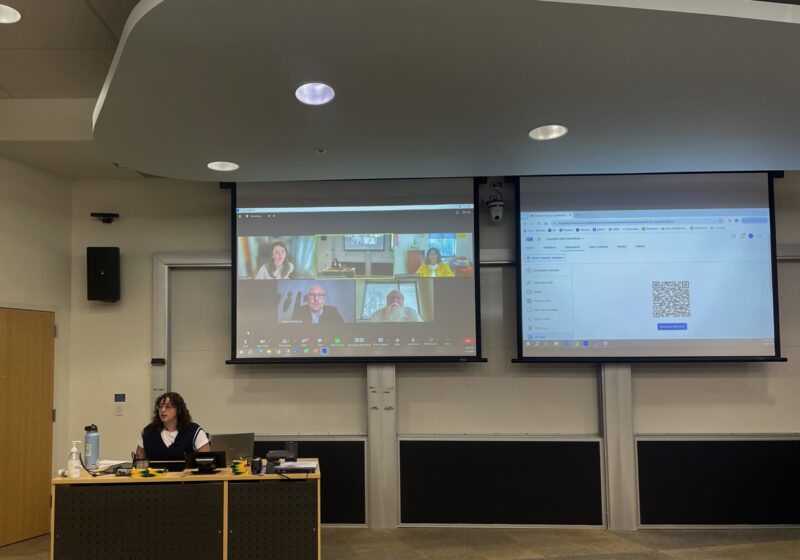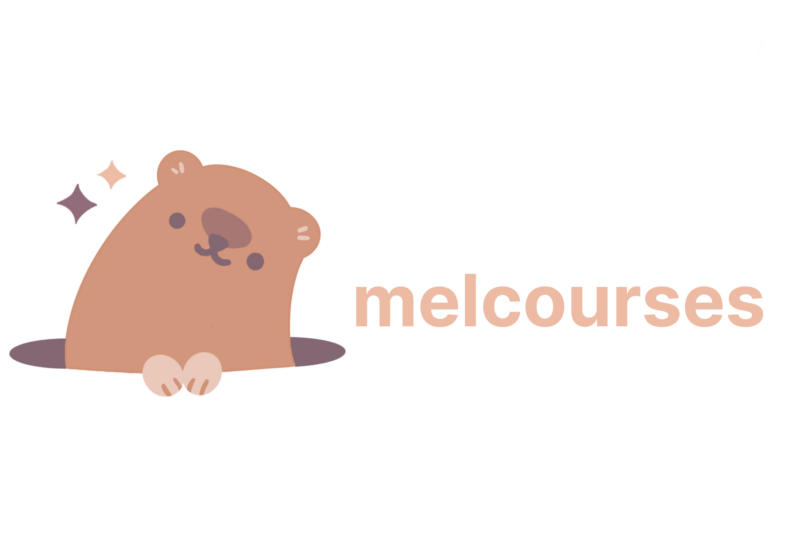Yik Yak, a popular, anonymous social media application that lets users post and vote on “yaks” within a ten mile radius, allows people to share and detach themselves from their thoughts. Since downloading it last semester, I sometimes feel a faint sense of shame when I open it, whether it’s while I’m waiting in line for food at Danforth or sitting with a group of people enjoying each others’ company in dead silence and tapping away at their phones. It’s an easy and thoughtless way to pass the time.
While it makes the University community more accessible, and it’s usually filled with jokes, the “yakarma” system means popular yaks are regularly recycled, and the app’s anonymity encourages its users to harass others or air offensive thoughts without fear of backlash. This effect is so pervasive that Rochester area school districts have expressed concerns over Yik Yak’s popularity among their students.
For instance, Timothy McArdle, principal of Le Roy Junior-Senior High School, told the Democrat & Chronicle about the anti-bullying awareness campaign he recently waged against Yik Yak in response to reports from students being bullied through the app. Yik Yak’s rules tell its users to “not bully or specifically target other yakkers,” but this is hard to regulate—McArdle and other principals in Monroe County asked students to pledge that they would delete the app entirely.
It’s true that college students are (hopefully) more mature and less inclined to misuse the app, but Yik Yak’s effects at high schools highlight how a platform where users don’t worry about the repercussions of their posts perpetuates “the online disinhibition effect.” Dr. John Suler’s study by the same name describes this in its abstract: “While online, some people self-disclose or act out more frequently or intensely than they would in person.”
Rather than giving users a chance to reveal their “true selves,” the study writes that this disinhibition creates a different environment for users to interact in and that neither in-person nor online interactions reveal more of our “true” identities. Judging by some of the yaks on our area’s feed, Yik Yak creates an environment where people are more open about sexuality, drug use, bodily functions, grievances against student groups and the occasional racist or sexist thought. This crudeness can get old quickly.
On the plus side, however, Yik Yak provides a free forum that’s accessible to most UR students. Where else is it so easy and perhaps even therapeutic to complain about the weather, our workloads, professors and other students, or to share witty comments the minute they come to us? Even some officers in the Department of Public Safety like to check Yik Yak.
So, while Yik Yak’s anonymity can foster a cruder and sometimes demoralizing environment, it also creates an odd sort of community. I say: enjoy in moderation.
Lai is a member of the class of 2018.





